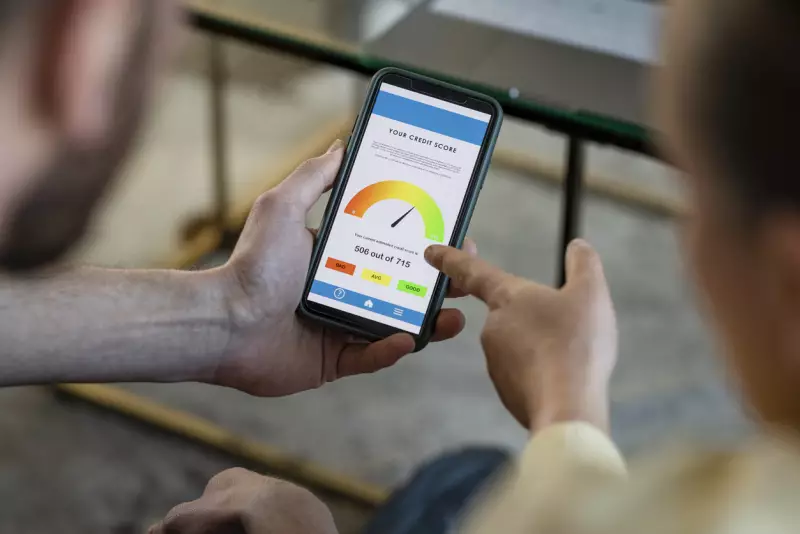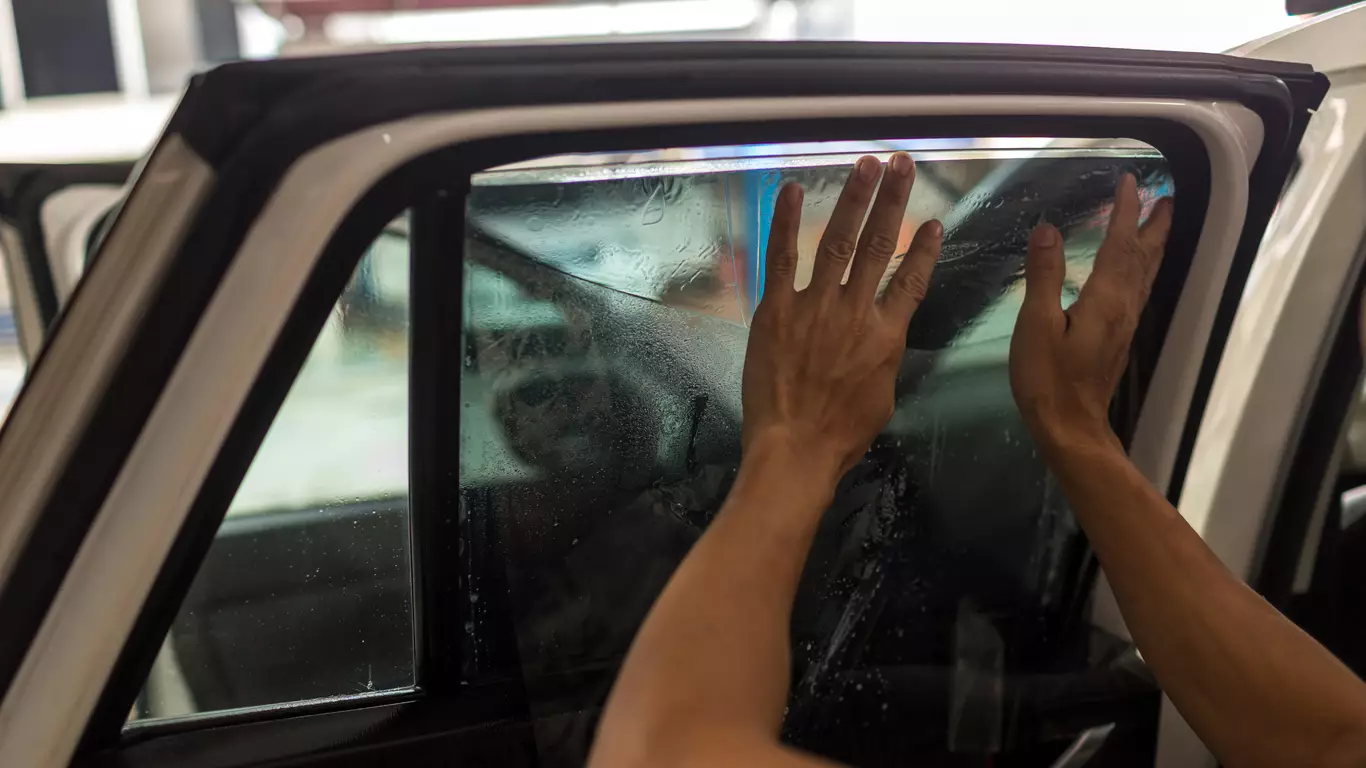According to a 2024 report, car loans account for more than 9 percent of all household debt in the United States.
Generally, the financial agreement involves a clause that you will repay the borrowed amount and interest charged through regular fixed installments, usually monthly, over a specified period, ranging from a few years to several years.
This means that you’ll end up paying more than the car’s actual price by the time the loan is fully paid off.
However, if you fail to pay the regular fixed installment for a period, usually 90 days from the last payment due date, the lender may declare your loan to be in default.
Defaulting on a car loan has serious consequences, including but not limited to incurring late fees, emotional stress, damaged credit score, and repossession of your car.
What Happens If You Default on a Car Loan?
When you default on a car loan, the lender has the right to decide how to recover the money you owe them and additional charges that may result from your failure to pay the regular fixed installment. As such, lenders may transfer your loan account to their in-house collection team or a third-party agency to recover debts or repossess your vehicle.
Here are the following stages in the car loan process:
- Missed Payment: When you fail to pay the regular fixed installment on the due date, most lenders offer a 10-to-15-day grace period during which you won’t be charged late fees.
- Delinquency vs. Default: A car loan is delinquent when you allow a full billing cycle, usually 30 days, to elapse without making a scheduled payment. In contrast, a car loan is defaulted when you allow more than one billing cycle, usually more than one month, to elapse without making a scheduled payment.
- Escalation to Default Status: Most lenders escalate a loan account to default status 90 days after the scheduled payments.
- Contact and Collection: Most lenders send multiple notices to inform you of your default status and the consequences of failing to pay your car loan. If you do not respond by making the necessary payment, the case will be transferred to the in-house collection team or a third-party agency. Continued non-payment may result in repossession of your vehicle, but that’s not all. It’s important to note that you could still owe money to your lender even after your car is repossessed. If the car auction does not cover your loan balance, the lender could hold you responsible for paying the remaining amount, known as the deficiency balance.
What Are Three Possible Consequences of Defaulting On a Car Loan?

Most people know a car loan can help them buy their dream vehicle without exhausting their savings. However, only a few understand that managing the loan effectively and making on-time payments is essential for enjoying that car to the fullest.
Auto loan defaults come with a lot of consequences. However, in this section, we will be discussing three possible consequences of defaulting on a car loan:
Credit Score Damage
In the U.S., a missed auto loan or delinquency remains on your credit report for seven years from when you first missed a loan payment. Therefore, defaulting on a car loan can negatively impact your credit score, making it harder for you to obtain loans in the future.
Vehicle Repossession
When you get an auto loan, the car you purchase usually serves as collateral. If you default on a car loan, the lender can take the car. It’s important to note that the lender can repossess the vehicle no matter how much you have already paid off the loan.
Increased Financial Strain
Did you know that defaulting on a car loan can be more expensive in the long run?
When you miss a payment or make a late payment, you not only incur extra fees, but you also end up paying more than the original debt. Additionally, if your vehicle is repossessed and sold at auction, you may still owe money if the sale price is not sufficient to cover your loan balance.
Can You Recover After Defaulting on a Car Loan?
You can recover after defaulting on a car loan. The recovery process begins by communicating with your lender, which may allow you to reopen your loan account. This can sometimes happen even before your car is repossessed. However, keep in mind that lenders usually set specific conditions that you must meet, such as paying off part of the outstanding debt, before they will reopen your account.
Furthermore, you must pay off any debts that have been charged off. This will help you rebuild your credit score over time.
What Are Alternatives to Defaulting?
- Communicate to your lender: Contact your lender quickly after determining you may have trouble making a payment. If possible, ask if a different payment plan is possible or if there is a deferment or loan modification.
- Refinance your loan: This means that you can apply for a new loan or debt instrument that has better terms than the previous agreement.
- Selling the Vehicle: If your vehicle payments are becoming too difficult to handle, you can sell the car at a price that allows you to pay off the loan.
Before committing to an auto loan, remember there are always better options than defaulting on your payments. If your car payments are becoming challenging to manage, it’s time to quickly turn to alternative strategies.




















